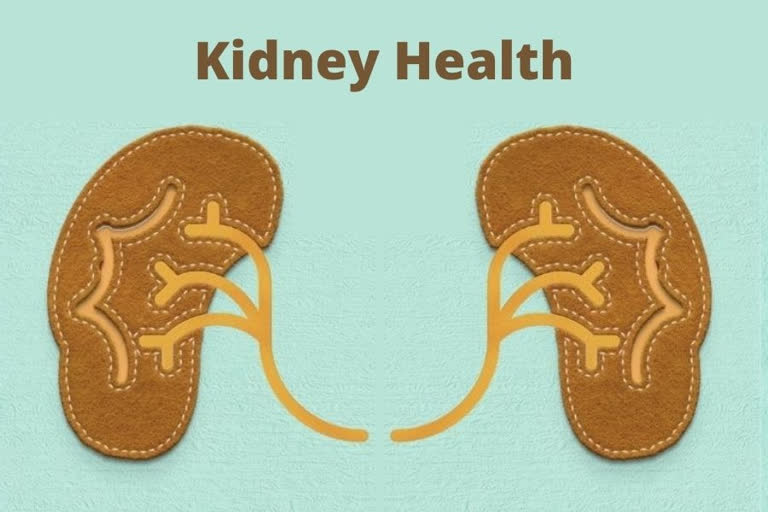Lithium has been shown in lab experiments to extend the lifespan of fruit flies and roundworms, while observational studies have suggested tap water naturally laced with trace amounts of lithium might improve human longevity. Now, researchers at the University of Toledo in Ohio, US, have found that low-dose lithium can act as a powerful anti-aging agent in the kidneys. In the paper published in the Journal of Clinical Investigation, they found it to block GSK3-beta - an enzyme associated with cellular ageing in the kidney and a decline in kidney function.
"Lithium's effect on ageing has been a hot topic, with several intriguing observations coming out in recent years," said Dr. Rujun Gong, professor of medicine at the varsity. "As people are living longer than ever, it's crucial we find ways to slow or halt kidney ageing. Our findings suggest lithium may indeed have significant potential to do just that, reducing the burden of renal disease," Gong added.
Even in the absence of any identifiable kidney disease, the organ's function tends to decline as people age, by as much as 50 per cent, increasing elderly patient's risk of developing kidney failure and complicating treatment of other medical conditions. In the study, the team first demonstrated that knocking out the gene responsible for producing GSK3-beta slowed kidney ageing and preserved kidney function in animal models. Researchers then used lithium chloride to inhibit GSK3-beta, which achieved similar results. Mice had lower levels of albuminuria - or protein in the urine - improved kidney function and less cellular deficiency compared to a control group.
The results very clearly showed low-dose lithium attenuates kidney ageing in mice. Further, the researchers also reviewed a group of psychiatric patients to assess their kidney health. Laboratory tests showed individuals who had received long-term treatment with lithium carbonate had better functioning kidneys than those who had not received lithium treatments, despite comparable age and comorbidities.
Though inexpensive and widely available, Gong said lithium has developed a bit of a bad reputation because of its potential toxicity - including to the kidneys - in high doses. "But you only need a really small dose to produce the anti-ageing effect in other organs," Gong said.
Also Read: Why Eating Potato Chips, Chocolates May Harm Your Kidneys?



